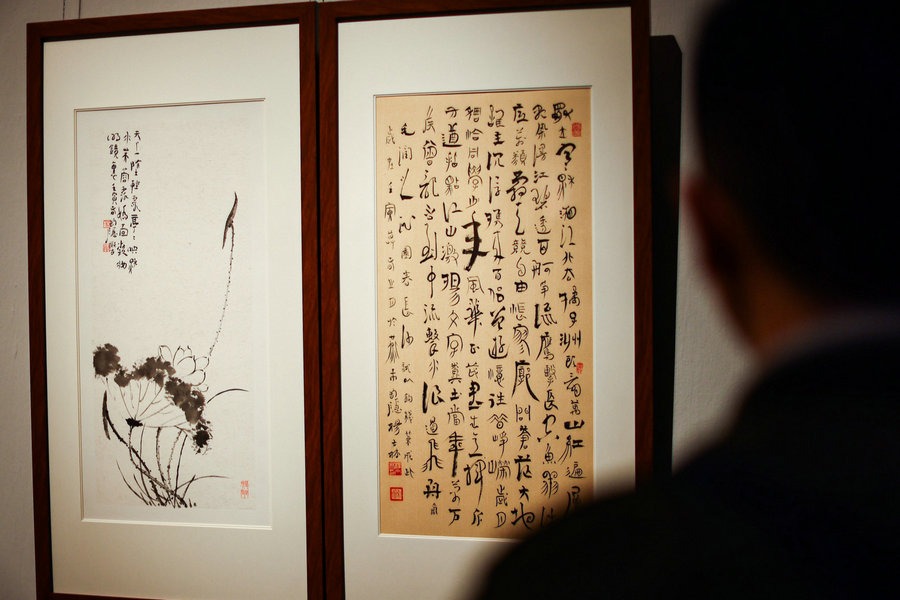Intl scholars discuss global significance of China's modernization path

Dozens of experts from home and abroad gathered to discuss the theoretical foundations, practical approaches, and global implications of China's modernization path at an event during the 2nd World Conference on China Studies held in Shanghai.
Themed "Chinese Modernization: Theoretical Analysis and Empirical Insights", the sub-forum was part of the conference, which gathered around 500 renowned scholars and experts from around the globe and was held from Monday through Wednesday.
In his opening remarks at the sub-forum, Gao Xiang, president of the Chinese Academy of Social Sciences, said that China's modernization path follows the general logic of human civilization development while possessing distinct characteristics.
"Chinese-style modernization holds profound global significance, providing a new reference for developing countries to achieve social progress while maintaining national independence," he said.
Syed Hasan Javed, former director of the China Studies Center at Pakistan's National University of Sciences and Technology, emphasized that any analysis of Chinese-style modernization cannot be separated from the country's ancient wisdom and social capital, which is perceived by him as Chinese characteristics.
"Chinese-style modernization features several key aspects: a governance philosophy unique to China, integrating political, economic, and diplomatic fields; an inclusive and integrative lifestyle; a commitment to both innovation and pragmatic rationality based on scientific exploration and meritocracy; a win-win philosophy distinct from the Western zero-sum game mentality; and the yin-yang philosophy, which seeks balance and harmony," he said.
Louise Edwards, a fellow of the Academy of Social Sciences in Australia, highlighted the link between a country's progress and its advancement in gender equality. She noted that improving the status of women not only benefits women themselves but also unleashes the creativity and potential of society as a whole.
"China is at the forefront of promoting gender equality, as evidenced by not only university enrollment data but also strategic national planning," said Edwards, who is also a professor of China studies at the University of New South Wales in Australia.
She mentioned a white paper about China's practices and achievements in promoting women's comprehensive development in the new era released by China's State Council Information Office last month.
"It reflected the government's systematic approach to education, employment, health, and legal fields, serving as a mature example of gender equality policy," said Edwards.
Researchers from the Global South countries compared Chinese-style modernization with the modernization efforts of their own nations, and drew valuable lessons.
Hassan Ragab Hassan Abdrabo, dean of the Faculty of Foreign Studies and Egyptian director of the Confucius Institute at Suez Canal University in Egypt, said that the main goals outlined in Egypt's Vision 2030 align closely with China's modernization goals, expressing hopes for increased economic cooperation with China to position Egypt as a key hub for China-Africa collaboration.
- Venice rector praises Chinese young generation for their hard work
- China's global initiatives solutions to problems confronting humanity
- Global Sinologists gather in Shanghai for China studies conference
- China studies connect country with the world
- China studies central to world thought, experts say




































